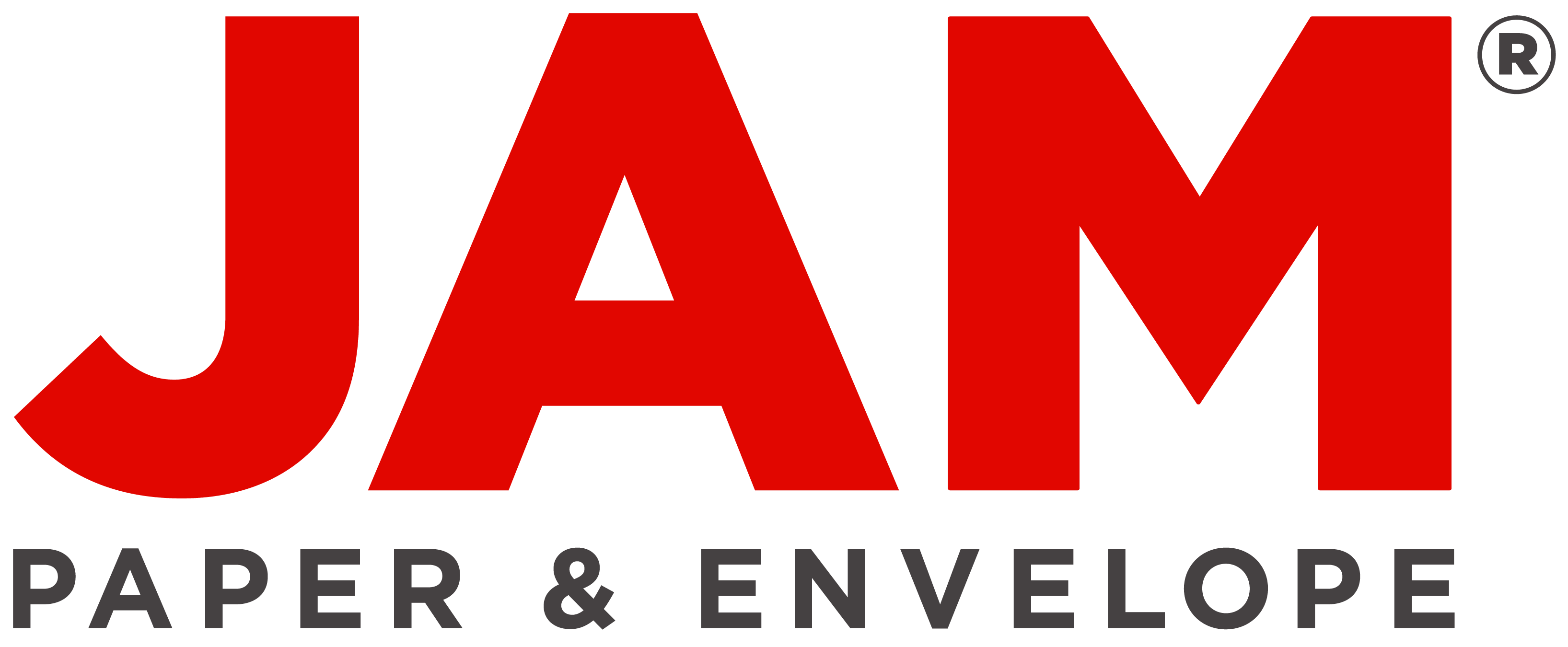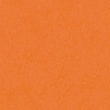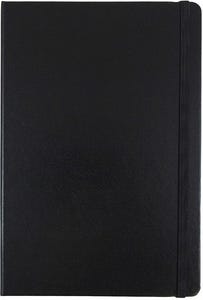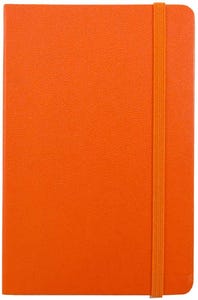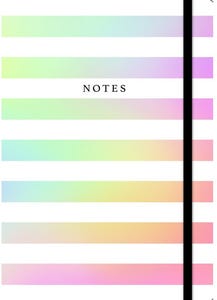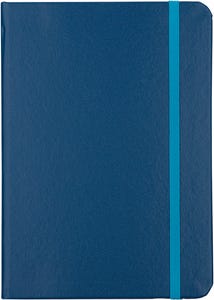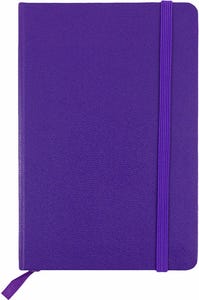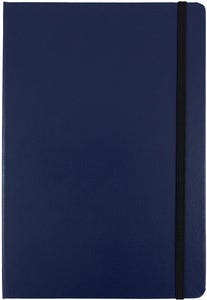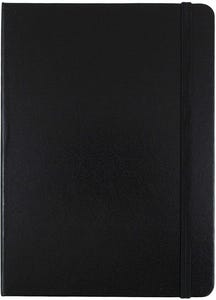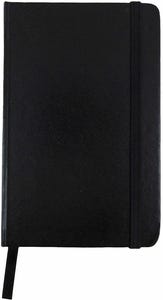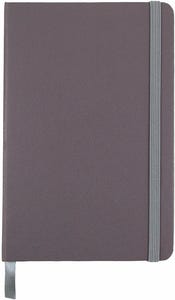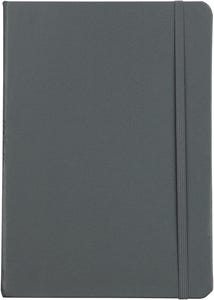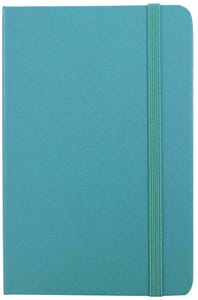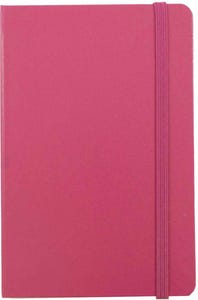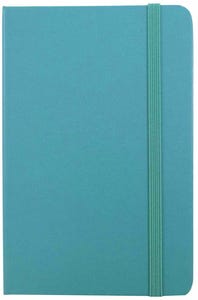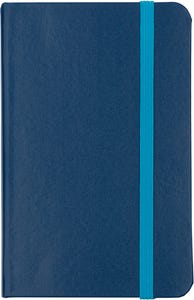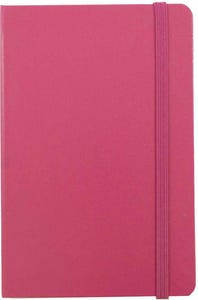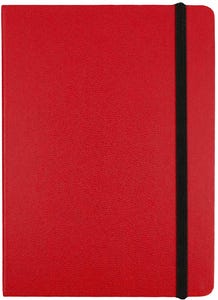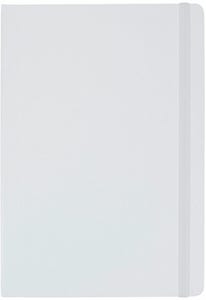Free ground shipping, excluding Alaska, Hawaii, and Canada
Lined Paper For Calligraphy
Using lined paper is crucial for enhancing the quality of calligraphy projects, covering the importance of paper quality, different types of lined paper, selection tips, and best practices for calligraphy.
Lined Paper for Calligraphy
Key Summary:
- Using lined paper is crucial for enhancing the quality of calligraphy projects.
- This article will delve into the benefits of using lined paper and its impact on calligraphy outcomes.
- Key findings will cover the importance of paper quality, different types of lined paper, selection tips, and best practices for calligraphy.
Calligraphy, an ancient art form that celebrates the beauty of writing, requires precision and attention to detail. One essential tool for calligraphers is lined paper, which serves as a guide for maintaining consistent letter sizes and spacing. In this article, we will explore the significance of using lined paper in calligraphy projects, discussing its benefits and how it can elevate the overall quality of your work. Whether you are a seasoned calligrapher or just starting, understanding the importance of lined paper and choosing the right type can make a significant difference in your artistic endeavors.
Importance of Lined Paper in Calligraphy
Using lined paper in calligraphy is essential for maintaining uniformity in letter size and spacing. The lines act as a guide for keeping your writing straight and consistent, resulting in a more polished and professional look to your calligraphy projects. Without lined paper, it can be challenging to achieve the desired precision and alignment in your lettering.
Enhancing Precision and Consistency
The ruled lines on the paper help calligraphers maintain a consistent baseline and x-height, ensuring that each letter is proportionate and evenly spaced. This precision is crucial for creating aesthetically pleasing calligraphy pieces that are visually appealing and easy to read. Moreover, using lined paper can improve your overall writing speed and efficiency as the guidelines provide a reference point for each stroke, reducing the need for constant measurements and adjustments. This efficiency allows you to focus more on the creative aspect of calligraphy rather than worrying about alignment and spacing.
Types of Lined Paper for Calligraphy
There are various types of lined paper available for calligraphy, each designed to cater to different styles and preferences of calligraphers. Some common types include grid paper, slant grid paper, and French ruled paper, each offering unique features to enhance your calligraphy experience.
Grid Paper
Grid paper consists of evenly spaced horizontal and vertical lines that form a grid pattern, providing a structured layout for practicing calligraphy. This type of paper is ideal for beginners as it helps in maintaining consistent letter height and spacing.
Slant Grid Paper
Slant grid paper features diagonal lines that mimic the slant of calligraphy scripts such as italic or copperplate. This paper type assists in achieving the proper angle and slope in your lettering, resulting in more authentic and visually appealing calligraphy.
Benefits of Using Lined Paper
The benefits of using lined paper in calligraphy extend beyond just improving the visual appeal of your projects. Lined paper can also enhance your overall writing experience by providing structure, guidance, and efficiency in your practice sessions.
Improving Alignment and Spacing
One of the key benefits of lined paper is its ability to improve the alignment and spacing of your calligraphy. The guidelines act as a reference point for maintaining consistent letter size and placement, resulting in a more professional and polished look to your writing.
Enhancing Practice Sessions
Using lined paper can make your practice sessions more productive and focused. The guidelines help you track your progress, identify areas for improvement, and develop a better understanding of letter proportions and spacing.
Who Should Use Lined Paper for Calligraphy
Using lined paper in calligraphy is recommended for:
- Beginner calligraphers looking to improve their lettering skills
- Experienced calligraphers aiming for precision and consistency in their work
- Artists who want to enhance the visual appeal of their calligraphy projects
- Students practicing different calligraphy styles and techniques
- Anyone interested in creating neat and professional-looking handwritten pieces
When to Incorporate Lined Paper in Calligraphy
Consider using lined paper for calligraphy:
- During practice sessions to refine your lettering skills
- When working on formal projects that require a polished finish
- When experimenting with new calligraphy styles or scripts
- For creating personalized gifts or handwritten notes with a professional touch
- Anytime you want to elevate the quality and consistency of your calligraphy work
Examples of Using Lined Paper in Calligraphy
Here are some use case examples for incorporating lined paper in calligraphy:
Practicing Calligraphy Techniques
- Use grid paper to practice consistent letter sizing and spacing
- Experiment with slant grid paper to perfect the angle and slope of your lettering
- Practice different calligraphy scripts on lined paper to enhance your skills
Creating Formal Invitations
- Use lined paper to draft elegant and well-aligned invitation designs
- Ensure uniformity in lettering and spacing for a professional look
- Choose the appropriate lined paper type based on the style of the event
Designing Artistic Quotes
- Write inspiring quotes on lined paper to maintain consistency in letter height
- Experiment with different paper styles to enhance the visual appeal of your quotes
- Frame the calligraphy projects created on lined paper for display or gifting
What Sets Our Product Apart
Our lined paper for calligraphy is specially designed to cater to the needs of calligraphers of all skill levels. The quality of our paper ensures that your writing remains consistent and precise, allowing you to focus on the creative aspect of calligraphy without worrying about alignment or spacing issues. The unique features of our lined paper make it a valuable tool for enhancing the overall quality of your calligraphy projects.
Customized Guidelines for Different Scripts
Our lined paper offers customized guidelines for various calligraphy scripts, such as italic, copperplate, and modern styles. These guidelines help you practice different scripts with ease and accuracy, ensuring that your lettering maintains the correct proportions and angles.
Furthermore, our paper is designed to minimize ink bleeding and feathering, providing a smooth writing surface for your calligraphy pens. This feature allows you to create clean and crisp lettering without compromising on quality.
Applications of Our Lined Paper
Our lined paper for calligraphy can be used in a variety of scenarios to enhance your writing experience and improve the quality of your projects. Whether you are a beginner or an experienced calligrapher, our paper offers versatility and functionality to suit your needs.
Practice Sessions and Skill Development
Our lined paper is ideal for practice sessions aimed at refining your calligraphy skills. The guidelines provide structure and guidance, helping you track your progress and identify areas for improvement. By using our paper during practice, you can enhance your lettering consistency and precision over time.
Moreover, our paper is suitable for creating formal projects that require a polished finish, such as wedding invitations, certificates, or personalized gifts. The professional look and feel of our lined paper elevate the quality of your calligraphy work, making it suitable for a wide range of applications.
Maximizing Your Calligraphy Experience
To get the most out of your adventure with our lined paper, consider incorporating the following tips and techniques into your calligraphy practice. These strategies will help you optimize your writing experience and achieve exceptional results with our premium quality paper.
Experimenting with Different Paper Types
Try using various types of lined paper, such as grid paper, slant grid paper, or French ruled paper, to explore different writing styles and techniques. Each paper type offers unique features that can enhance your calligraphy projects and inspire creativity in your work.
Additionally, consider combining our lined paper with different ink colors and nib sizes to create dynamic and visually appealing calligraphy pieces. Experimenting with different tools and materials can help you discover new ways to express your artistic vision and elevate your calligraphy skills.
